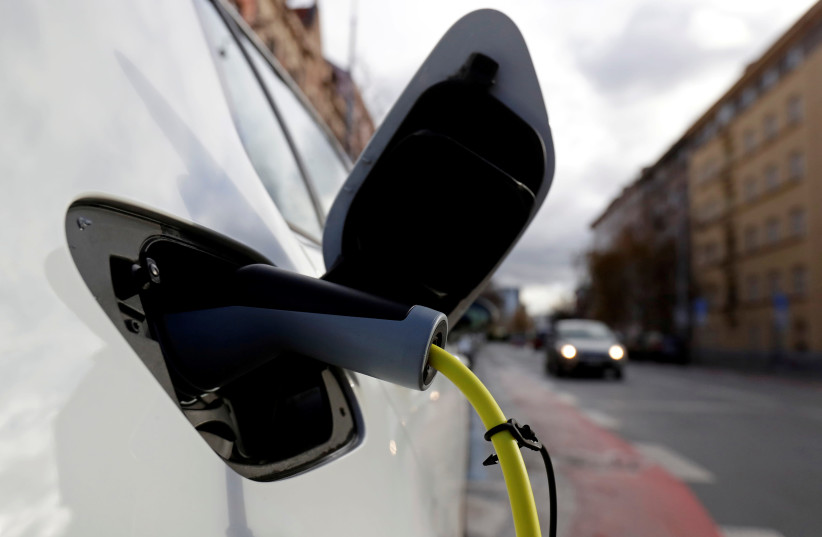Israel's Finance Ministry is essentially a major 'partner' in Israel's vehicle import industry due to one of the highest rates of taxation in the world on new cars and fuel.
With record new vehicle sales in Israel in 2021, purchase tax earned by the government on new cars in the first 11 months of the year amounted to NIS 10.8 billion, up 20% from 2020. This figure is likely to jump at the end of December to about NIS 12 billion as importers release from customs tens of thousands of hybrid cars ahead of the tax hike on hybrid cars from January 1.
In addition to new car sales, the Finance Ministry has earned an estimated NIS 5 billion in 2021 from tax payments from employees who are given a car as part of their job. To this must be added another NIS 5 billion government income in vehicle license fees, NIS 17.5 billion in excise on gasoline and diesel and NIS 4.5 billion in VAT on fuel and the sale of vehicles. This brings government income to a grand total of NIS 44 billion from vehicles and their use during 2021.
But the Finance Ministry has an appetite to earn even more and is introducing tax reforms, which will raise the tax burden, which is already the highest in the world for vehicles. Some new taxes have already been included in the 2022 budget and others are being considered.
For example, the Israel Tax Authority has a plan to cut the tax use benefit on hybrid and plug-in cars by NIS 100 per month while raising the tax benefit for electric cars by NIS 200 per month.

Hiking purchase tax on hybrid cars for 2021 brought the state coffers an extra NIS 410,000 and cancelling the tax benefit for hybrids in 2022 could bring a similar extra sum in 2022. Raising excise on fuel additives in 2022 will bring the Finance Ministry an extra NIS 510 million in 2022 and requiring the installation of automatic fuel devices (dalkan) as a prerequisite for recognizing fuel costs as a business expense will earn the Finance Ministry another NIS 280 million.
